The latest niche workplace benefit? Helping workers get a mortgage
When Michael White struck out on his own after stints at DoorDash and Square, his plan was to help tech employees access the value of their equity while their companies were still private. But as White and his cofounder Gautam Gupta enabled workers to get a line of credit, they found that most people were using it to finance a home purchase. “It makes sense,” White says. “That’s a big reason people seek liquidity—or that’s one of the first things that people do if they have an exit. So it really led us to dive deeper into that and ultimately pivot.” In 2024, White and Gupta relaunched their company Multiply Mortgage as an employee benefit that helps aspiring homeowners secure a mortgage. The company is licensed to originate mortgage loans in 19 states and works with mortgage brokers in nearly every other state. Through Multiply, workers can access expert advisors and discounted mortgage interest rates—and more recently, the company has also expanded to include more comprehensive education resources about financial wellness. For now, the benefit will remain a free service for employers, owing to Multiply’s business model in which the company earns a commission on mortgage origination from all of its lender partners. (White does, however, note that the company might start charging companies down the road, “as we build out more of the value that we’re providing companies.”) Working with employers also gives Multiply a built-in pool of potential customers and lowers the steep cost of customer acquisition across the mortgage industry. Beyond that, building an AI-powered platform has enabled Multiply to reduce its labor costs while continuing to bolster crucial elements of the business; the company recently closed a $23.5 million Series A round led by Kleiner Perkins that will go toward getting its product in front of more workers and improving on its personalized services. “We’re not building a self-serve mortgage,” White says. “For as complicated and stressful as this transaction can be, having a really high level of client service can make it go a lot more smoothly. So we’re really investing heavily in our team of mortgage advisors.” In the past decade, companies have started offering workplace benefits that help support employees through various personal experiences, from fertility treatments to mental health support and menopause-related care. At the moment, many benefits managers and HR teams are daunted by the rising costs of healthcare, not to mention the overwhelming number of niche employee benefits now on the market. “If medical insurance is going to consume basically all of your budget, companies have to make some pretty hard choices in other places,” White says. Multiply’s pitch to companies like Ramp—the booming fintech startup that is one of its customers—is certainly appealing from a financial perspective, but the return-to-office movement has also created an environment in which some employers are looking for ways to lure their workers back to the office or court prospective employees. Another buzzy tech startup is currently using Multiply in part because its employees are expected to relocate to cities that are not traditional tech hubs. “They are in the process of building out those teams with engineers that wouldn’t typically live in those places,” White says. “So what we’ve seen them doing with us is including us in their recruiting materials and really highlighting how this might not have been where you were otherwise going to live—but look at the quality of life that you can have. Look at what you’re able to afford from a home perspective; you can buy a home here, and here’s a resource that you can use to make that even more attainable.” Some fully remote employers, on the other hand, are offering Multiply’s services because of the geographic range the platform promises. “The fact that we can help their employees in Michigan just as well as we can help their employees in California makes a big difference for them,” White says. Companies have also found that providing Multiply as an employee benefit has encouraged some people to consider buying a home even if they previously assumed it was out of reach—or, at a minimum, use the service to evaluate their options. “One thing that’s been really cool is how much employees are just exploring what homeownership could look like for them, evaluating how much they could afford [and] renting versus buying,” White says. “They’re able to take advantage of this resource, as well. They have unlimited access to those advisors.” For some clients, the lower interest rates they secured through Multiply—which can be discounted by up to 0.75% and save them an average of $5,100 annually—have made all the difference in terms of being able to afford home ownership. Like other players in the workplace-benefits space, White also makes the case that may be most appealing to companies and HR teams who are sifting through a dizzying ar

When Michael White struck out on his own after stints at DoorDash and Square, his plan was to help tech employees access the value of their equity while their companies were still private. But as White and his cofounder Gautam Gupta enabled workers to get a line of credit, they found that most people were using it to finance a home purchase.
“It makes sense,” White says. “That’s a big reason people seek liquidity—or that’s one of the first things that people do if they have an exit. So it really led us to dive deeper into that and ultimately pivot.”
In 2024, White and Gupta relaunched their company Multiply Mortgage as an employee benefit that helps aspiring homeowners secure a mortgage. The company is licensed to originate mortgage loans in 19 states and works with mortgage brokers in nearly every other state. Through Multiply, workers can access expert advisors and discounted mortgage interest rates—and more recently, the company has also expanded to include more comprehensive education resources about financial wellness.
For now, the benefit will remain a free service for employers, owing to Multiply’s business model in which the company earns a commission on mortgage origination from all of its lender partners. (White does, however, note that the company might start charging companies down the road, “as we build out more of the value that we’re providing companies.”) Working with employers also gives Multiply a built-in pool of potential customers and lowers the steep cost of customer acquisition across the mortgage industry.
Beyond that, building an AI-powered platform has enabled Multiply to reduce its labor costs while continuing to bolster crucial elements of the business; the company recently closed a $23.5 million Series A round led by Kleiner Perkins that will go toward getting its product in front of more workers and improving on its personalized services. “We’re not building a self-serve mortgage,” White says. “For as complicated and stressful as this transaction can be, having a really high level of client service can make it go a lot more smoothly. So we’re really investing heavily in our team of mortgage advisors.”
In the past decade, companies have started offering workplace benefits that help support employees through various personal experiences, from fertility treatments to mental health support and menopause-related care. At the moment, many benefits managers and HR teams are daunted by the rising costs of healthcare, not to mention the overwhelming number of niche employee benefits now on the market.
“If medical insurance is going to consume basically all of your budget, companies have to make some pretty hard choices in other places,” White says. Multiply’s pitch to companies like Ramp—the booming fintech startup that is one of its customers—is certainly appealing from a financial perspective, but the return-to-office movement has also created an environment in which some employers are looking for ways to lure their workers back to the office or court prospective employees.
Another buzzy tech startup is currently using Multiply in part because its employees are expected to relocate to cities that are not traditional tech hubs. “They are in the process of building out those teams with engineers that wouldn’t typically live in those places,” White says. “So what we’ve seen them doing with us is including us in their recruiting materials and really highlighting how this might not have been where you were otherwise going to live—but look at the quality of life that you can have. Look at what you’re able to afford from a home perspective; you can buy a home here, and here’s a resource that you can use to make that even more attainable.”
Some fully remote employers, on the other hand, are offering Multiply’s services because of the geographic range the platform promises. “The fact that we can help their employees in Michigan just as well as we can help their employees in California makes a big difference for them,” White says. Companies have also found that providing Multiply as an employee benefit has encouraged some people to consider buying a home even if they previously assumed it was out of reach—or, at a minimum, use the service to evaluate their options.
“One thing that’s been really cool is how much employees are just exploring what homeownership could look like for them, evaluating how much they could afford [and] renting versus buying,” White says. “They’re able to take advantage of this resource, as well. They have unlimited access to those advisors.” For some clients, the lower interest rates they secured through Multiply—which can be discounted by up to 0.75% and save them an average of $5,100 annually—have made all the difference in terms of being able to afford home ownership.
Like other players in the workplace-benefits space, White also makes the case that may be most appealing to companies and HR teams who are sifting through a dizzying array of potential offerings. Going through a divorce or buying a home can be a lengthy, emotionally taxing experience, one that inevitably bleeds into the workplace.
“If you know what to expect and you know how to adequately prepare for it, you can take a lot of the stress out of the process—which is great from the company’s perspective,” White says. “If you have this big thing happening outside of work that’s stressful and distracting, then that’s going to degrade performance at work.”







































































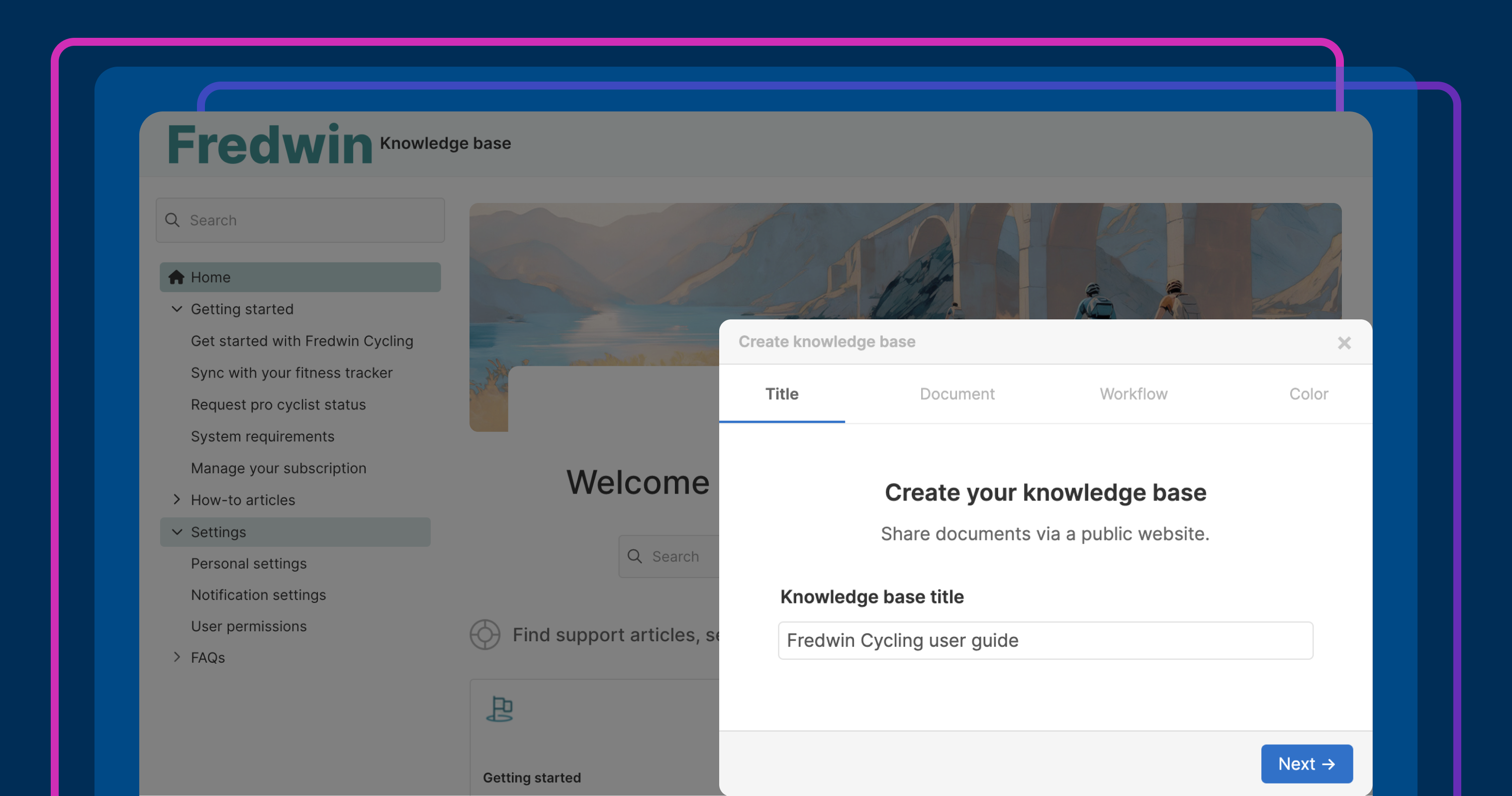


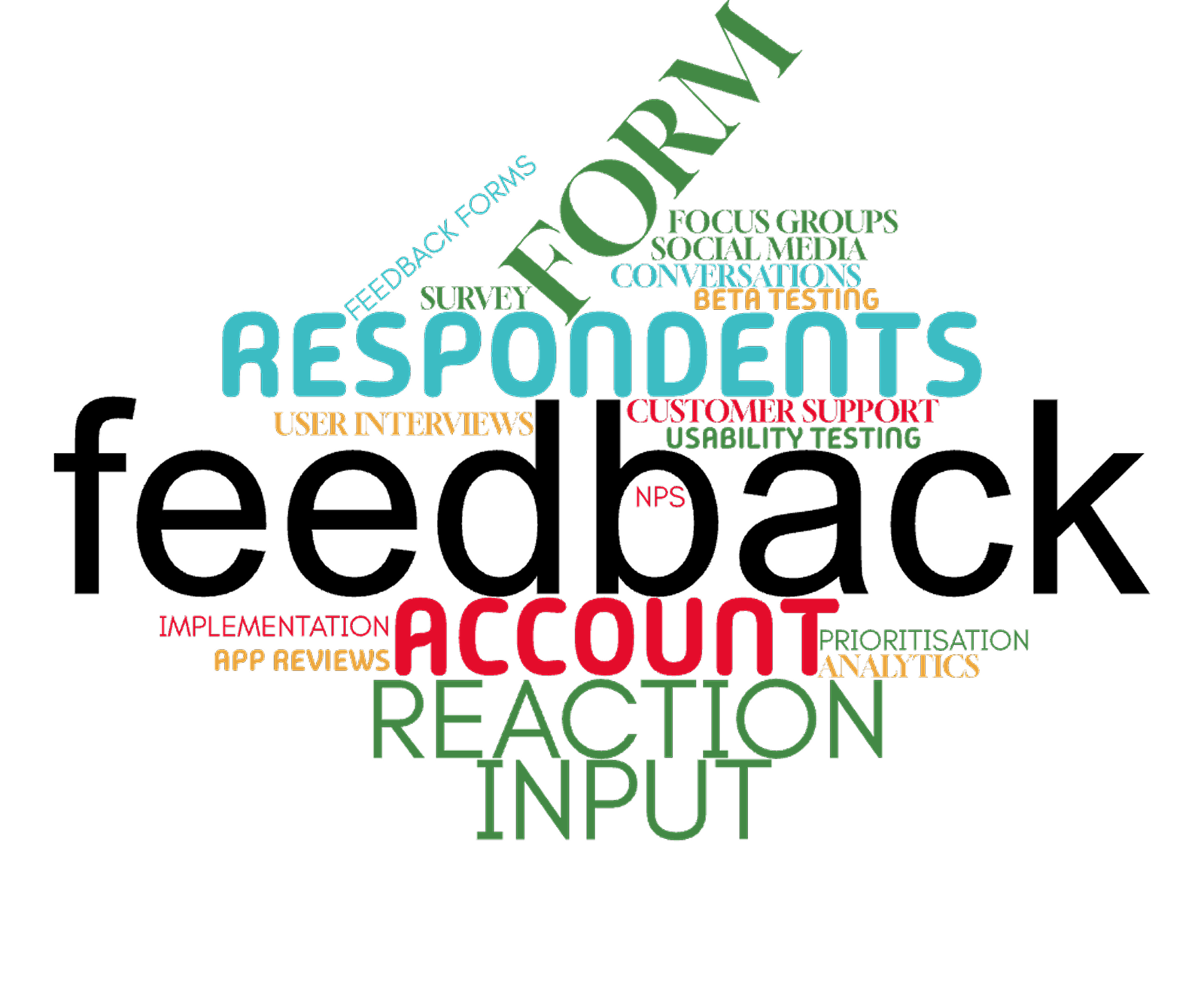
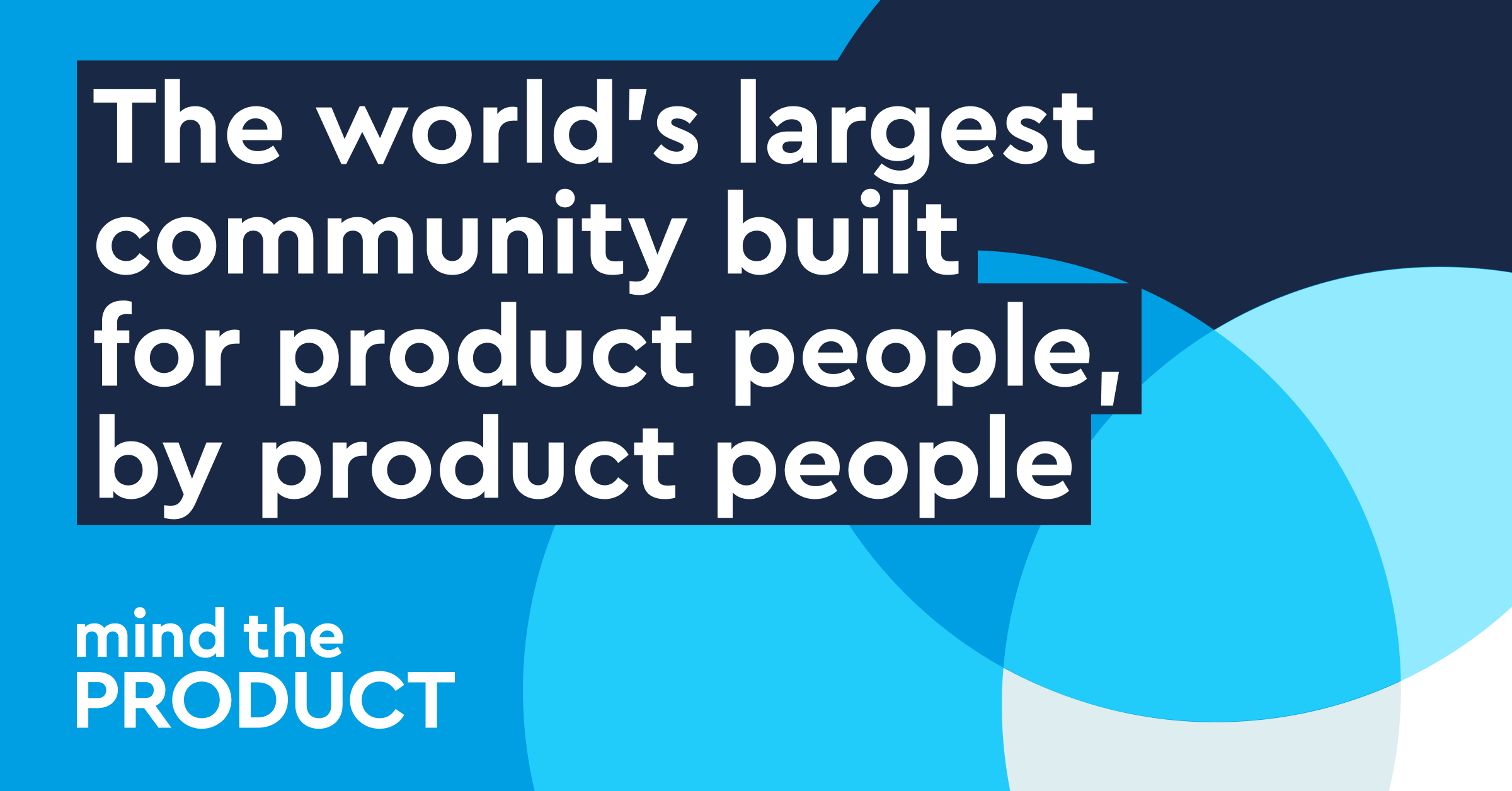
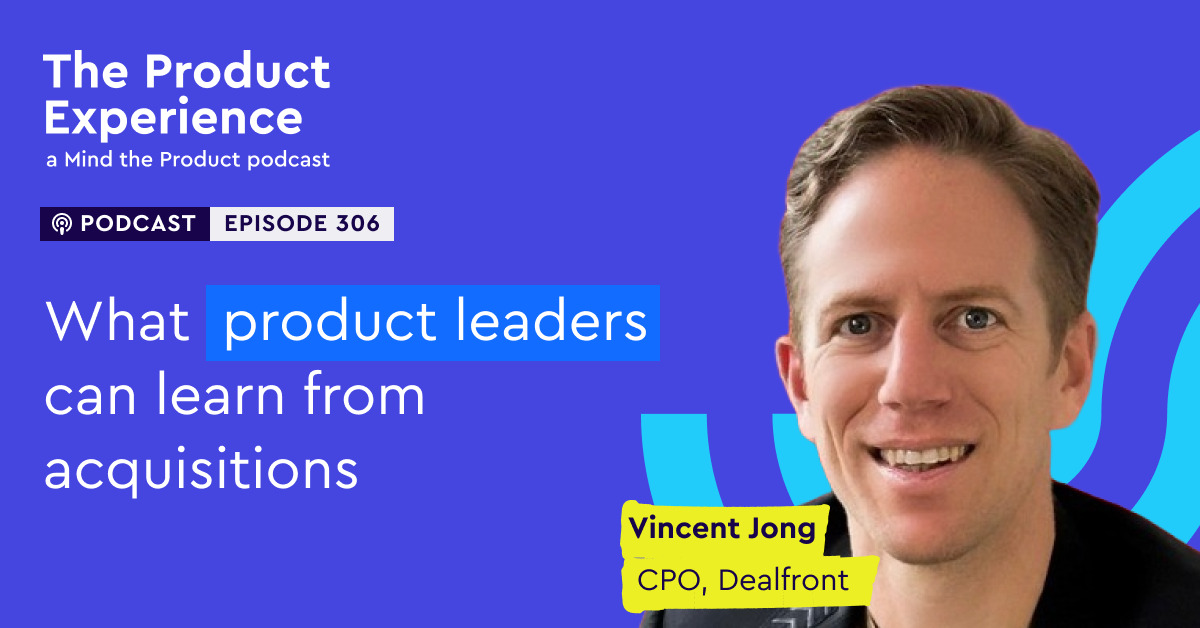



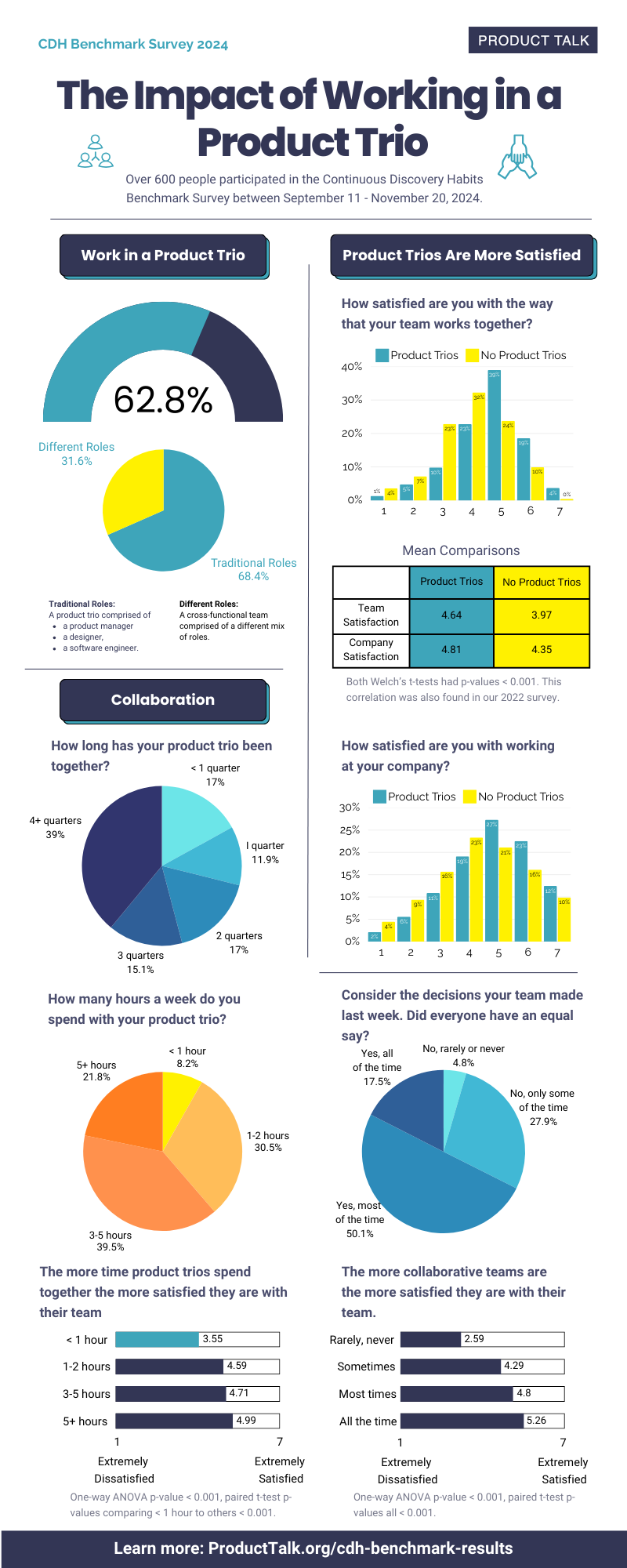












![How One Brand Solved the Marketing Attribution Puzzle [Video]](https://contentmarketinginstitute.com/wp-content/uploads/2025/03/marketing-attribution-model-600x338.png?#)

![Building A Digital PR Strategy: 10 Essential Steps for Beginners [With Examples]](https://buzzsumo.com/wp-content/uploads/2023/09/Building-A-Digital-PR-Strategy-10-Essential-Steps-for-Beginners-With-Examples-bblog-masthead.jpg)











![How to Use GA4 to Track Social Media Traffic: 6 Questions, Answers and Insights [VIDEO]](https://www.orbitmedia.com/wp-content/uploads/2023/06/ab-testing.png)





![[HYBRID] ?? Graphic Designer](https://a5.behance.net/cbf14bc4db9a71317196ed0ed346987c1adde3bb/img/site/generic-share.png)























